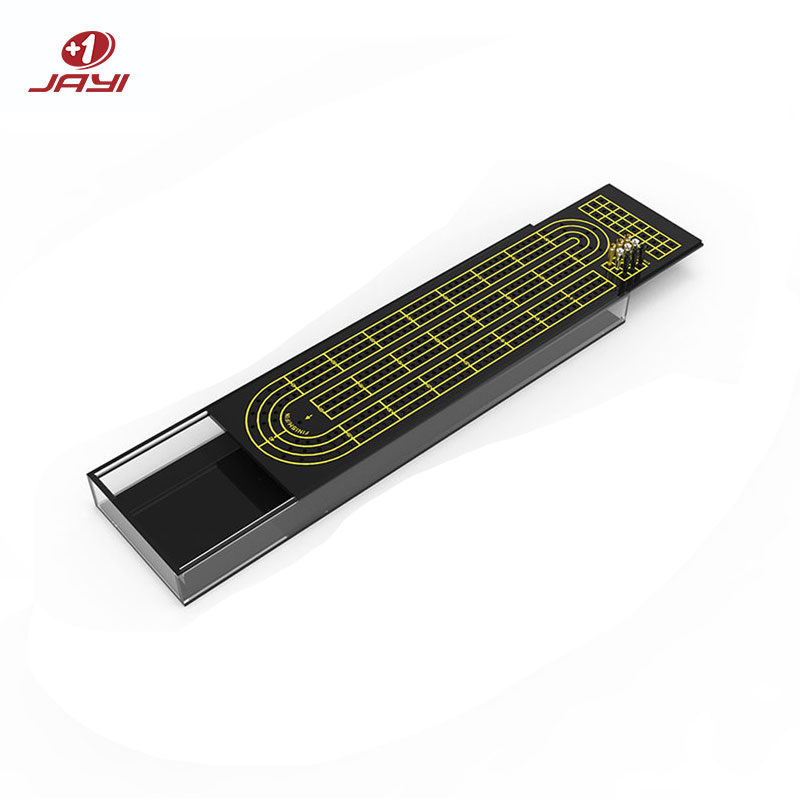Sign up for email newsletters
Sign up for email newsletters Acrylic Money Box Wedding

It’s the NYCHA yard sale — and the taxpayers are on the hook.
The Housing Authority has quietly begun selling off hundreds of thousands of dollars of brand-new, unused items for pennies on the dollar, a Daily News investigation has found.
Boxes and boxes of stuff that had never been opened were sold in the past year to the highest bidder for a fraction of what the taxpayers paid for them, documents obtained by The News show.
Internal records reveal NYCHA has tallied $18.1 million worth of supplies that need to go — everything from refrigerator parts to office furniture. The plan, sources say, is to sell everything by summer.
EDITORIAL: TAXPAYERS’ MONEY GOES DOWN THE NYCHA DRAIN
The News has also learned that city Controller Scott Stringer is looking into NYCHA’s purchasing problems.
In the past few months, Stringer’s auditors visited several of the warehouses where the supplies are stored, and NYCHA has been unable to say where some big-ticket items on its inventory list are, according to sources familiar with the matter.
While it’s still under investigation, one area of inquiry is whether NYCHA employees sold off supplies without authorization, the sources added.
Key questions, which NYCHA wouldn’t answer Tuesday, remain. Who bought all this stuff? Why wasn’t it used? Who ordered the items in the first place?
Late Tuesday, NYCHA officials issued a statement, explaining that the unused items being sold “were ordered several years ago, inventoried and had minimal requests. We cannot speculate as to why they were never used.”
The statement said some of the items sat unused, “in some cases up to 20 years. Not surprisingly they have little to no value — hence the low price they are netting when put up for sale.”
The agency “sought to find if there was any need for these items within our organization. If there was, the request was processed. If there was no need, attempts were made to liquidate the item.”
“There is no benefit to having material either expired or obsolete sitting in a warehouse taking up space,” the statement noted.
Sources familiar with the effort say some of the supplies NYCHA tallied are so old they will simply be tossed. Other items are dusty and dented parts and tools that are of little value.
But much of the material auctioned off was brand-new, still shrink-wrapped in boxes, never touched, sitting in NYCHA storage basements in Brooklyn and the Bronx.
There were brand-new tools, brand-new office supplies, boxes of brand-new toner cartridges. Thousands of spanking new Rubbermaid items. More than 40 stainless steel kitchen sinks. Boxes of 1,973 navy-blue men’s and women’s work shirts and pants, never worn.
All sold for a pittance.
There were 110 brand-new black leather Bond Street attaché cases someone at NYCHA decided to buy but that were never used. Photos show a case still sheathed in clear plastic, sitting on top of boxes filled with more cases.
They go at discount for $60.89 each at Office World. At that rate, the entire lot is worth $6,697.90. NYCHA opened the bidding at $500 and settled for $710. That comes to about $6.45 per attaché case.
Then there were 338 brand-new black acrylic “suggestion” boxes with little brass locks where employees could have deposited ideas on how to improve NYCHA. They’re worth $32.99 each at Staples. NYCHA sold them for $1.47 per box.
NYCHA did not respond to questions about why it bought so many attaché cases and suggestion boxes that were never used.
NYCHA began selling the material over govdeals.com last March, and put up more wares for sale in the past few weeks.
The agency didn’t always get a great response: At least 10 NYCHA lots auctioned off last year attracted only a single bidder.
Between March and November 2014, NYCHA got $116,841 from selling off 359 lots, paying $8,796 in fees to govdeals.com, the for-profit auctionhouse that sells only government surplus, records show.
In 2012, NYCHA’s then-Chairman John Rhea spent $10 million taxpayer dollars on a report by Boston Consulting Group that found multiple problems with NYCHA’s management, including a procurement system that was broken and wasteful.
The consulting group found a decentralized system in which individual housing projects made what the Boston group dubbed “shadow purchases” that NYCHA headquarters didn’t track. The results were haphazard, with one development paying far more for a gallon of paint than another development.
The consultants found that NYCHA spent nearly $5 million to manage $5 million worth of “active inventory.” And they found a “high obsolescence of materials” — that is, goods past their expiration date that were no longer usable.
Rhea had all the supplies that had been stored in 5,000 NYCHA basements around the city trucked to eight NYCHA warehouses to be catalogued and counted.
Throughout 2013, the agency spent untold hours, overtime wages and vendor fees to accomplish this task. In the end, it tallied $27.7 million worth of goods, deciding to sell off about $18.1 million of that, according to records and sources.
As of December, internal NYCHA documents show it had assembled $6,461,832 in merchandise at the Betances Houses in the Bronx, plus millions more in goods at three Brooklyn developments: $3,263,859 worth at the Louis Armstrong Houses, $2,489,776 at Fiorentino Plaza and $5,963,340 at Unity Plaza.
NYCHA officials said the agency had “overhauled its procurement process to improve the way items are purchased. This has enabled us to be more thoughtful about what we order and base it on consumption and need, rather than having an overstock of supplies. Getting rid of these items, which are expired, obsolete or no longer necessary, gets us closer to a place where we can ultimately clear out the spaces they occupy and repurpose them.”
To date buyers have picked up most the purchases at a NYCHA storage facility on 49th Ave. in Long Island City. They’re urged to make an appointment to view the material before bidding.
Most of the material auctioned off was packed away in boxes, some of which sported labels detailing contents, some of which had no labels, sources told The News.
Buyers are welcome to turn around and sell what they purchased for whatever they can get.
In July, for example, National Bearing Service of New Jersey paid $26,275 for thousands of brand-new ball bearings used in elevators. The company provides bearings to other firms for a profit, and Brandon Garrabrant, who handled the NYCHA purchase, said the firm was happy with the product.
“We got an email saying there were bearings for sale. We’re in the business of bearings. It went relatively well,” he said. “They were going through a bunch of buildings and consolidating. The sense I got was they weren’t exactly sure why they were doing this.”
Sign up for email newsletters

Acrylic Makeup Box Copyright © 2023 New York Daily News